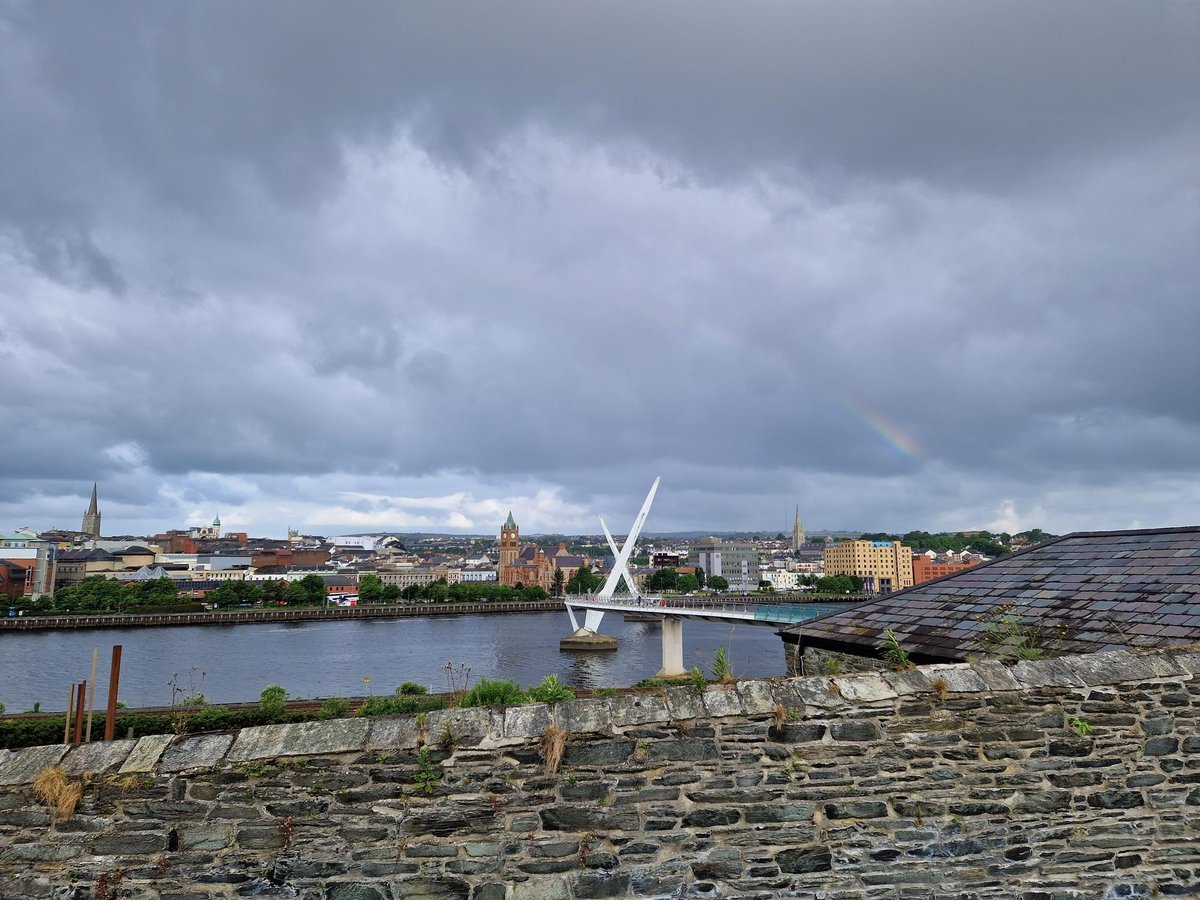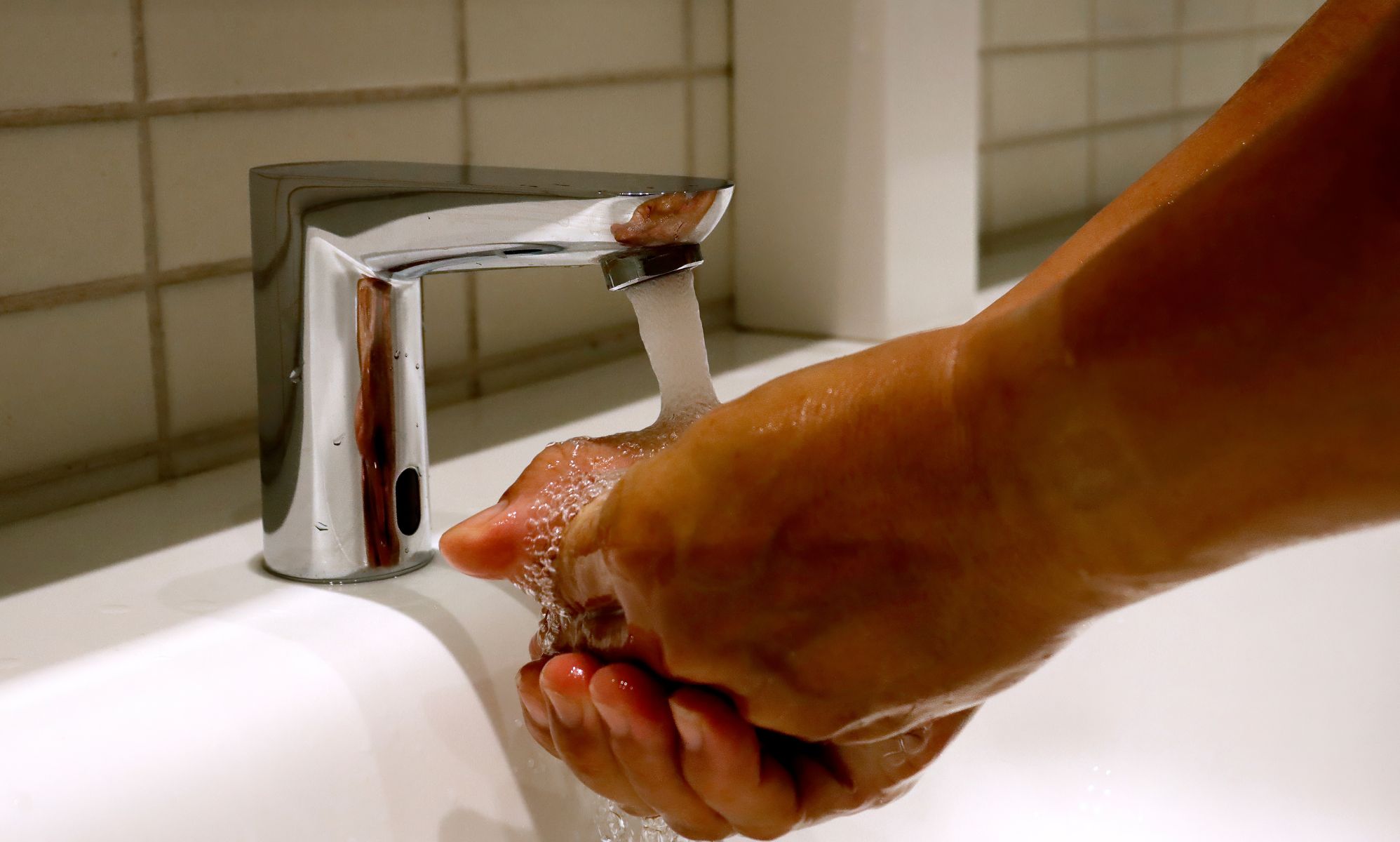Better Lives Index UK showing Belfast and Derry among worst places to live highlights need for Regional Balance Bill – MLA
By Brendan McDaid & Kevin Mullan
Copyright derryjournal

The report measures outcomes across health, education, employment, housing, and income, showing that families in some areas, including Derry and Belfast, face some of the greatest challenges anywhere in Britain and the north. Sinéad McLaughlin MLA said: “These rankings are a stark reminder that behind every statistic are real people, families, children, older people, working hard but struggling to stay afloat. This is not just a problem in one city or one region. Too many communities across Northern Ireland are being left behind compared to the rest of these islands. Access to opportunity, services, and security should not depend on where you were born or live. “This is why I am seeking to introduce the Regional Balance Bill. This legislation is not just about the North West, it is about ensuring every part of Northern Ireland receives the investment, support, and opportunities it needs. It is about addressing the inequalities that leave some areas behind while others thrive. “Every community deserves a fair chance. The Regional Balance Bill is a step towards delivering that fairness. People across Northern Ireland should have the same opportunities and we must act now to make that a reality.” The report findings list Derry & Strabane, Causeway Coasts & Glens, Fermanagh & Omagh and Belfast as among the bottom 20% in terms of UK Better Lives Index. Out of a total population of 14.4 million people in Britain and the north, it states that the ‘toughest places to grow up and old in’ ‘tend to be in Wales, Northern Ireland, the South West of Scotland, parts of Northern England and the Midlands’. “While there is substantial diversity amongst the bottom 20% of places, they all share acute challenges across several key indicators. “These places require urgent attention from national and regional governments to begin improving outcomes. Many of these places have long been categorised highly deprived, yet successive governments – of all stripes – have failed to deliver meaningful improvements,” it states. Meanwhile, new data shows that female life expectancy in Derry and Strabane’s most deprived areas has declined for the second consecutive year. Poorer women in the city and district can now expect to live to 77.6 years – a year-on-year decrease from the 78 years recorded in 2024. That’s a shortening of life expectancy by almost five months. The Better Lives Index Report also states: “While many past initiatives have explored how health varies by place, how sustainable local economies are, or how opportunity is distributed, there remains a gap in understanding how places differ in their ability to support better, longer lives. “The ILC’s new Better Lives Index aims to change this. It provides a UK-wide picture of the best places to be born, grow up, and grow old – bringing together robust data to understand what makes a good life, and how we can ensure all places support healthier ageing and greater opportunity. “This Index is more than just a measurement tool. It highlights where support is most needed and where transformative change is possible. Many areas currently at the bottom of the rankings have rich cultural histories, proud local identities, and deep community roots. With the right investment and policy focus, they can help drive the next wave of inclusive growth and healthy longevity.” See page 10.



